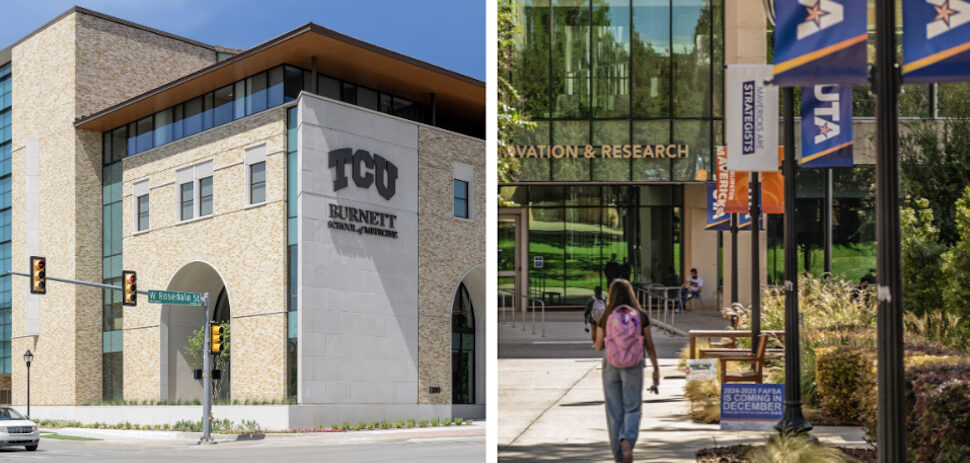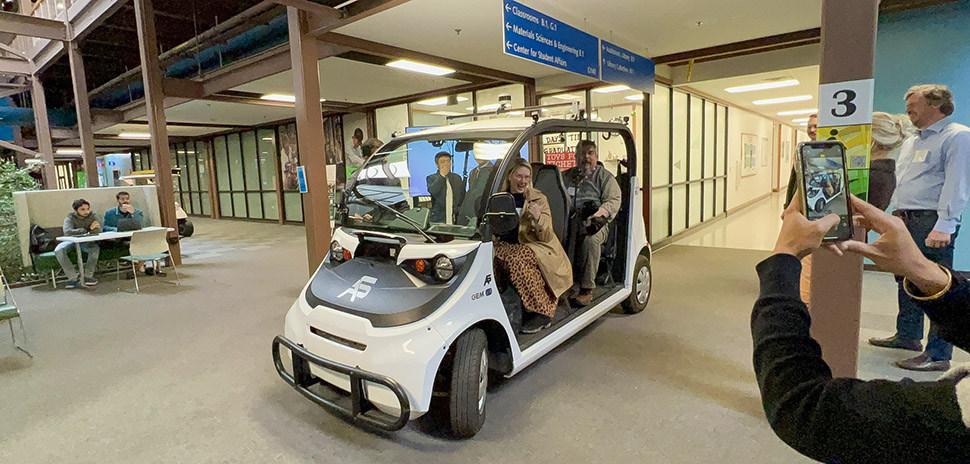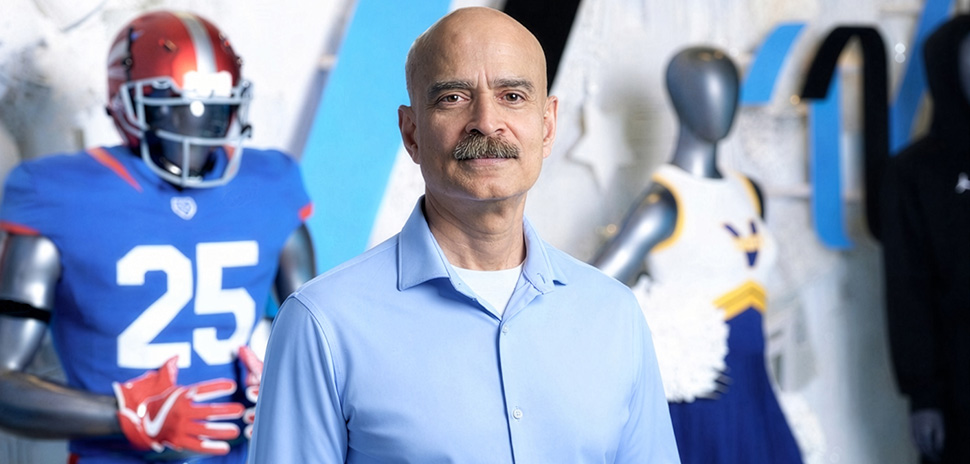A new generation of physician-scientists will be cultivated by the launch of a joint M.D.-Ph.D. program in biomedical engineering, according to a joint announcement from the Anne Burnett Marion School of Medicine at Texas Christian University and The University of Texas at Arlington.
The new physician-scientists can bridge the gap between cutting-edge biomedical research and clinical practice, the schools said. The first cohort of candidates will be considered during the 2024 M.D. admissions cycle and begin their studies in July 2025.
The dual-degree program merges the Burnett School of Medicine at TCU’s novel approach to medical education with the interdisciplinary research expertise of UTA’s Department of Bioengineering, the schools noted. The Burnett School of Medicine has successfully graduated its first two classes of physicians who have matched into some of the top residency programs in the U.S., such as The Mayo Clinic, Stanford Health Care, UCLA and The University of Michigan.
Aiming to help students lead ‘advancements in health care innovation’
“This collaboration will give students career-advancing, in-depth knowledge and skills in medicine and biomedical engineering to lead advancements in health care innovation,” said Stuart D. Flynn, M.D., founding dean of the Burnett School of Medicine. “Combining the expertise of both of these programs will provide an amazing opportunity for students to accelerate their knowledge and advance health care and research.”
UTA will run the Ph.D. portion of the program, which is designed to provide students with a robust training in biomedical engineering. Its students will engage in rigorous coursework with significant laboratory-based research in a faculty investigator’s laboratory culminating in a doctoral thesis, UTA said.
“This collaboration is a unique opportunity for UTA to leverage our half-century of providing education and research in biomedical engineering in North Texas,” Peter Crouch, Ph.D., dean of UTA College of Engineering, said in a statement. “We’re confident that working side-by-side with TCU’s medical students in performing specialized research, we’ll give them the knowledge they need to be pioneers in blending traditional medicine and technology.”
Addressing critical shortage and vexing challenges
The schools said that the nation faces a significant shortage of physician-scientists, individuals who are critical for driving biomedical advances and improving health care nationally and globally.
They added that the joint M.D.-Ph.D. program will prepare students to address some of the most vexing biomedical challenges of our time.
Students enrolled in this program will have access to:
- A curriculum that integrates the latest in medical education with cutting-edge biomedical engineering research.
- Opportunities to be a member of cutting-edge research projects.
- Guidance from leading faculty members who are at the forefront of their respective disciplines including bioinstrumentation, biomaterials and tissue engineering, biomechanics, medical imaging, and nanomedicine/nanotechnology, among others.
The schools said that graduates will be well prepared for careers in academic medicine, biomedical research, biotechnology, and regulatory agencies.
![]()
Get on the list.
Dallas Innovates, every day.
Sign up to keep your eye on what’s new and next in Dallas-Fort Worth, every day.






























